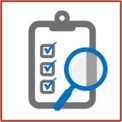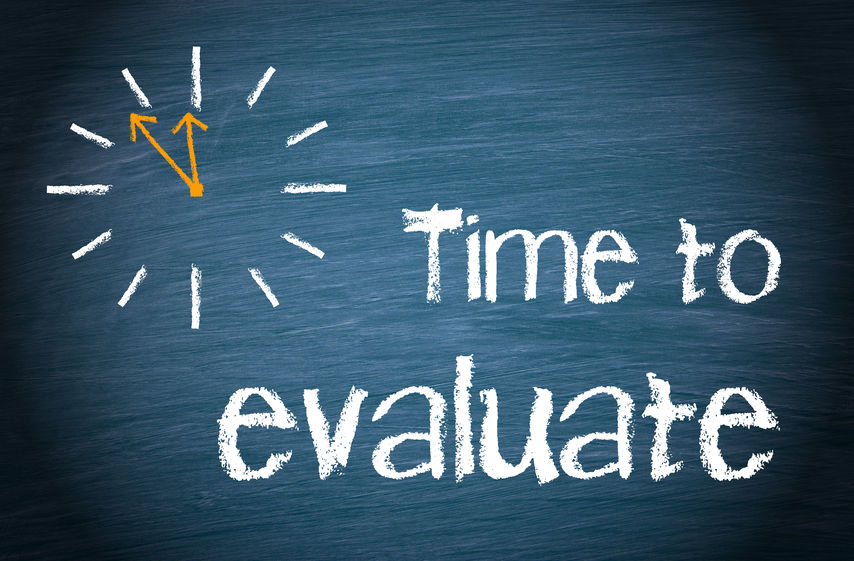COUNTRY RISK ANALYSIS
When a company becomes international, it has to face risks and uncertainties that are typical of a new environment. These difficulties are heterogeneous and range from risks of socio-political nature to macro and microeconomic deficiencies of the foreign country concerned.
The word “country risk” is intended as “the set of risks which are not encountered if transactions are done in the domestic market, but which can emerge when an investment in a foreign country is made. These risks are mainly ascribable to the political, economical, and social differences between the country of the investor and the country in which the investment is done.” (Duncan Meldrum – 2000)
From this point of view, our company provides internationally in-depth country risk analysis, which allows to structure a specific risk evaluation and take business decisions in absolute tranquility and in full knowledge of the possible risks that might be encountered.
PREVENTION IS BETTER THAN CURE
To turn into a profitable activity, the management of abroad business must consider the aspects emerging from the analysis of the country risk in the offer to customers.
In fact, knowing in advance the economic impact that risk management may entail for a specific business within a specific country, means make an investment that improve or protect the performance of the investment itself.
Often, company management and sales managers underestimate the issue, finding themselves facing unpredictable costs with negative impact on profit, such as non-compliance with deadlines, blocking of works, recovery or the need to re-motivate the staff, etc.
For that reason, into the estimates and economic offers it is necessary to take into account the costs of preventing country risk, which is only possible throught a precautionary analysis provided by a specialized companies, and contextualized at that specific time in the specific operating theater.
Risk management of personnel on mission abroad is not just an economic or financial fact, as it has an impact on the safety of human resources, on the reputation of the company and on legal affairs.
PEOPLE ARE THE COMPETITIVE ADVANTAGE
If we ask a CEO or an entrepreneur what the element is that determines success in a company, the answer is always the same: people .
That means that people are the fundamental component of competitive advantage. Although today there is a lot of unemployment and many people are looking for work, companies are not always able to intercept the right professionals to bring on board, make them grow, retain them and involve them. The loss of valid and experienced collaborators is a real financial damage for a company and if this is due to an underestimation of the risks to which personnel abroad can be subjected, it also negatively impacts its professional image.
Good people, talents, will never work for companies that do not guarantee the safety of their staff, because they will not be considered reliable and worthy of their trust. For this reason, reputation is an element that contributes to the success of a company.
REPUTATION CONTRIBUTES TO THE SUCCESS OF THE COMPANY
To work well, any economic activity must develop in a climate of trust; the trust of customers, suppliers and investors. Failure to prevent and manage the safety of business and personnel abroad has a negative impact on both the corporate reputation and the climate of trust, with all the consequences that naturally reverberate in the value chain.
IT IS IMPORTANT TO MINIMIZE THE LEGAL RISK
There is the legal aspect that often worries administrators and entrepreneurs more than anything else. No executive would ever make a decision that increases the legal risk of their business, especially in today’s particular situation, also due to the frightening repercussions that would impact on their career and personal legal position if something really goes wrong.
Until a decade ago, the possibility of being personally involved in an accident abroad was wrongly thought to be more remote. Today everyone knows that an operation abroad, especially in certain geographical areas, constitutes a risk. Only up to two years ago certain companies decided not to invest in prevention and security. It was thought to be a no-return investment: it was considered an avoidable expense.
Even today it is very difficult to explain and make managers and entrepreneurs understand the international situation, until it is the Public Prosecutor who does it in a courtroom.
Businesses and people face some very difficult situations when they do business abroad and the danger is never identifiable by western people. Terrorism, natural disasters, health emergencies, cultural differences… these risks are real. The way in which a company takes precautions, or does not do so, always has far-reaching consequences, unfortunately sometimes even dramatic ones.
THE BEST 6 POINTS STRATEGY

Organize
Involve the right people

Collect
Get thre right and reliable data

Analyze
Define the real risk map
Analysis and interpretation of the data collected through a specialized company in Country Risk Analysis with staff in the destination country.

Plan
Mitigate the risks

Communicate
Educate the staff

Evaluate
Keep the program active and relevant
Contact us
+39.02.8252342
MIlano
Centro Direzionale Milanofiori
Strada 4, Palazzo A5
20057 ASSAGO (MI)
Roma
P.le Roberto Ardigò, 30/a
00142 Roma
Tel. +39 06 45442737
Ask for a quote
Fill in the form below by asking us a question or describing your need!
One of our experts will contact you without obligation to provide the requested information!















